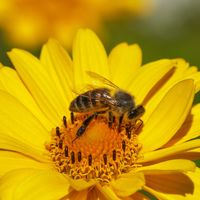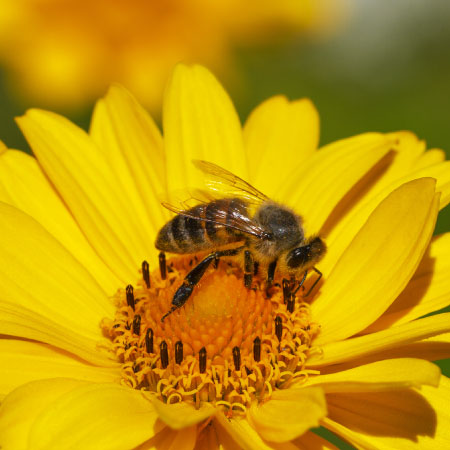Gardening While Pregnant: Is It Safe To Garden When Pregnant


Gardening while pregnant is an enjoyable way to get the exercise you need to stay healthy during pregnancy, but this form of exercise isn't without risk. Keep yourself and your baby safe by avoiding hard work during the hottest part of the day, drinking plenty of water, and wearing a hat. There are two additional risk factors that pregnant women gardening should be aware of: toxoplasmosis and chemical exposure.
How to Garden During Pregnancy
For pregnant women, gardening increases the risk of exposure to toxoplasmosis, a serious disease organism that causes flu-like symptoms in mothers and can cause mental disabilities and blindness in their unborn children. Toxoplasmosis is often spread in cat feces, particularly the feces of outdoor cats that catch, kill, and eat prey, such as rats. When these cats deposit feces in the garden soil, there is a good chance that they are also depositing the toxoplasmosis organism. Chemicals, such as herbicides and insecticides, are also risk factors for pregnant women gardening. An unborn child's brain and nervous system develop rapidly, and significant exposure during this critical time can impact the baby's development.
Is It Safe to Garden when Pregnant?
You don't need to stop gardening while pregnant, but you may need to make some changes to keep yourself and your baby safe. Be aware of the risk associated with gardening during pregnancy and use a common-sense approach to avoid them.
Pregnancy and Garden Safety
Here are some pregnancy and garden safety precautions to help keep you and your unborn child safe in the garden:
- Stay indoors while chemicals are sprayed in the garden. Sprays form a fine aerosol that floats on a breeze, so it isn't safe to be outdoors, even if you stand at a distance. Wait for the chemicals to dry before returning to the garden.
- Whenever possible, use integrated pest management (IPM), which encourages the use of non-chemical methods to control garden insects and diseases. When sprays are absolutely necessary, use the least toxic option.
- Keep cats out of the garden as much as possible, and always assume that the soil is contaminated with toxoplasmosis.
- Wear gloves, long sleeves, and long pants in the garden to avoid exposure to contaminated soil and chemicals. Take care not to touch your face, eyes, or mouth with dirty sleeves or gloves.
- Wash all produce thoroughly before eating it.
- Leave spraying and heavy lifting for someone else.
Sign up for the Gardening Know How newsletter today and receive a free copy of our e-book "How to Grow Delicious Tomatoes".

Jackie Carroll has written over 500 articles for Gardening Know How on a wide range of topics.